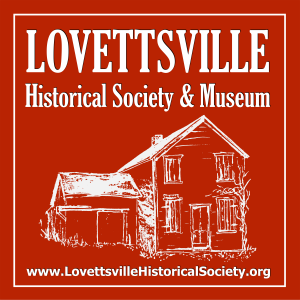We are pleased to announce the first four speakers in our Second Sunday Lecture Series:
Feb. 11 — “Incident at Griffin’s Wharf: The Boston Tea Party and After.”
Join Loudoun historians Tracy and Rich Gillespie as they explore the December 16, 1773, Boston Tea Party and the actions that led to it, the responses to the tea crisis in other colonies, and the reaction here at home in Loudoun. Three of the five teas thrown overboard at Griffin’s Wharf can be sampled immediately after, with commentary about each tea’s distinct qualities and their role in Colonial America including Loudoun.
(At right: reproduction East India Company tea chests, by Loudoun 250 and SAR member Barry Schwoerer.Photo: Richard Gillespie.)
March 10 — Glenn Williams — “For Britannia’s Glory and Wealth.”
Williams, a retired U.S. Army officer, now a military historian, will examine the political and economic causes of the American Revolution beginning at the end of the Seven Years War / French and Indian War through the resistance movements. He will dispel or clarify some of the popular beliefs about the grievances that eventually led the thirteen colonies to break with the Mother Country. Participants will see that the Revolution was not just about paying taxes.
April 14 – “The Catoctin Farmers’ Journals, Volume One, 1868-1920.”
The latest book by local historian and mapmaker Eugene Scheel covers the half-century after the Civil War when Loudoun County was Virginia’s agricultural leader, with heavy plantings of corn and wheat. Scheel draws on the detailed minutes of the Catoctin Farmers’ Club, Virginia’s oldest ongoing agricultural organization. Included are vignettes from laborer’s songs from slave times; 1870s reminiscences from an oldest living Loudouner, 104-year-old Allin Tibbs, an African-American farm laborer; stories of the 1889 ‘Johnstown Flood;’ the years of farming parity in the early 1900s; the World War I farm scene; and the bootlegging years that followed.
May 19 — “George Alfred Townsend and Gathland,” with Jody Brumage.
The story of the famed war correspondent and author who built his Gapland Retreat and the War Correspondents Memorial Arch on South Mountain in the 19th century, restored by the State of Maryland in the 20th century as Gathland State Park.

